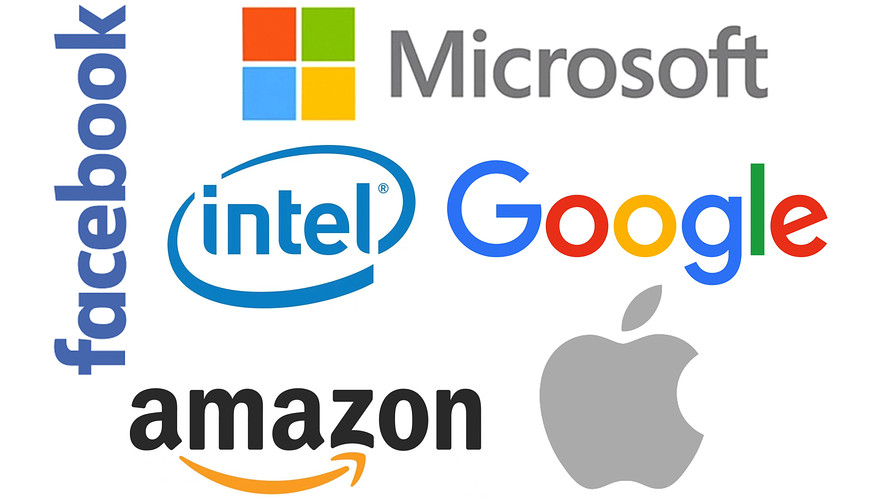Over the past year large tech companies that traffic data faced significant scrutiny from the Federal Trade Commission, the Department of Justice, and the Congress. Their inquiries were largely redundant and led to interdepartmental infighting (e.g. the FTC officially complained about the Justice Department’s overlapping work). At their core these were anti-trust investigations, which utilized copious document discovery and interview requests to prod at Facebook, Apple, Alphabet, and Amazon for potential anti-competitive tactics. They are not unlike the anti-trust investigation into Microsoft three decades ago. Our general take is most of this looks like political grandstanding. It is an opportunity for elected federal officials to bloviate at an easy target, without a solid understanding of what they are critiquing. This political grandstanding has gone to the point that even Mozilla, one of Google’s main competitors in the internet browser space, labeled the antitrust investigations as “fundamentally misleading.”[1] Of the four targeted companies, Facebook has handled the hearings the worst.
More serious, existential threats to these same companies may come from not the federal government, but state legislatures. New York, Nevada, Washington, and Oregon have already enacted legislation to strengthen the regulations around data breaches. This includes mandates to corporations to provide end users notifications of breaches and to prove these corporations have “reasonable safeguards” in place to protect end user data. Nevada recently followed California in passing a law that allows internet users to “opt-out” of the sale of personal data, which is typically collected by website operators. The sale of personal data is a major source of revenue for many big data companies; if similar legislation is passed in more states, or if it spreads to the national level, these same companies could be severely impacted.
Despite being slammed in the headlines, big tech companies are extremely important to the economy and investment community. The simple fact is big tech dominates most of today’s consumer and business trends. Virtually all of us have cell phones, and we have a deep desire to acquire information quickly, securely, and inexpensively. Our appetite for information must be satiated using robust communication networks and powerful servers. More companies than ever before store their data and transact business on the cloud, and this business model requires a sophisticated network and massive storage capacity. People closely interacting with technology and companies leveraging technology to be more competitive in business are two trends that are not going away. The big tech, big data companies that will dominate going forward are the ones that innovate and improve upon the most important “everyday” technologies while successfully navigating the choppy waters of regulation. Those well positioned in the US market stand to benefit greatly because the US leads the world in technological innovation and entrepreneuralism and it has become a more favorable business base location from a tax perspective in recent years.
[1] Wall Street Journal. “Google Draws Scrutiny”. September 30, 2019. Brent Kendall.

